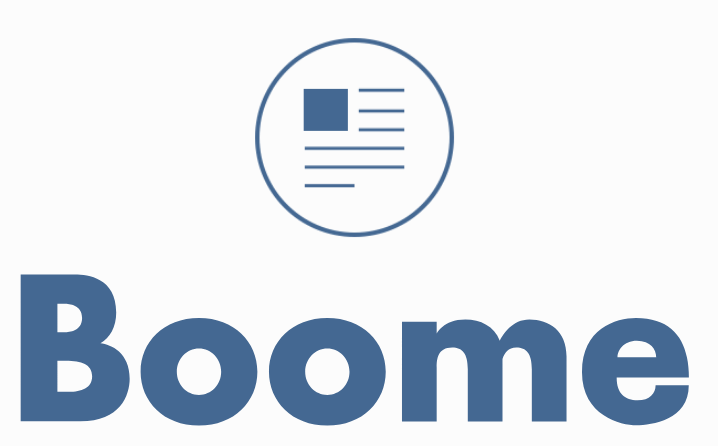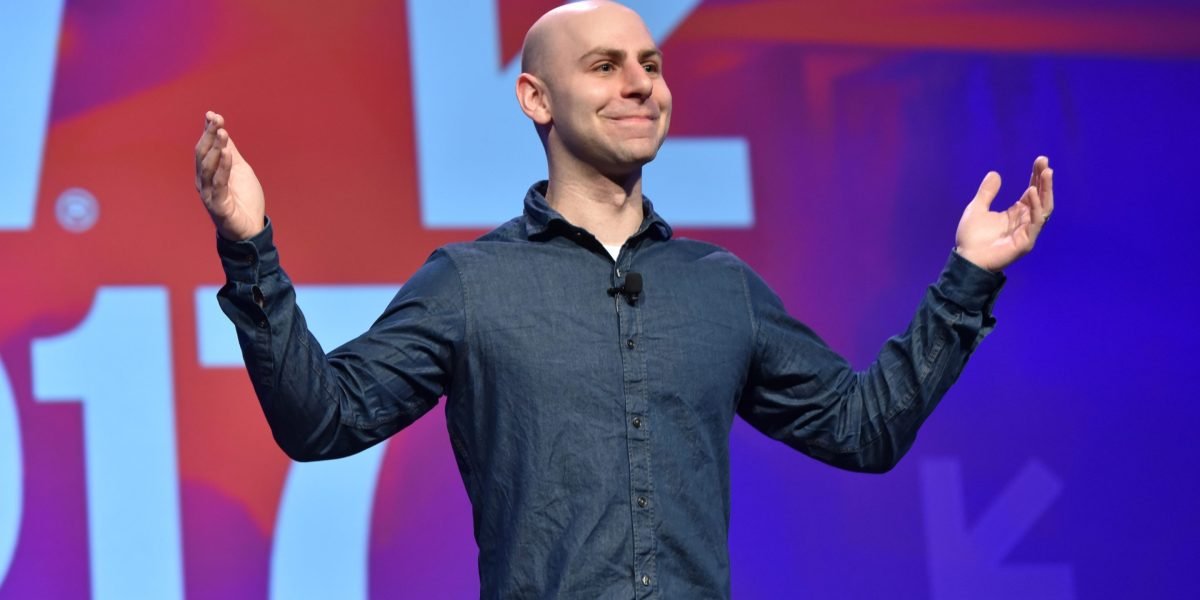Trump announces Gaza ceasefire but Israel says details not yet finalised

Unlock the Editor’s Digest for free
Roula Khalaf, Editor of the FT, selects her favourite stories in this weekly newsletter.
Israel and Hamas have agreed to the outlines of a deal to halt the war in Gaza and free the remaining hostages, people close to the talks said, raising hopes of an end to the bloodiest round of fighting in the Israeli-Palestinian conflict’s history.
But the office of Israel’s Prime Minister Benjamin Netanyahu warned some details still had to be finalised as of Wednesday night.
The multiphase agreement comes days before Donald Trump takes office as US president. Trump’s warning of “all hell to pay” if the hostages were not released before his inauguration on Monday injected renewed momentum into the long-stalled talks.
“WE HAVE A DEAL FOR THE HOSTAGES IN THE MIDDLE EAST. THEY WILL BE RELEASED SHORTLY,” Trump posted on his Truth Social platform on Wednesday.
He added that his national security team would “continue to work closely with Israel and our Allies to make sure Gaza NEVER again becomes a terrorist safe haven”.
But Netanyahu’s office said shortly after Trump’s announcement that there were “still several sections left open in the proposal and we hope that the details will be finalised tonight”. It added that Hamas had “caved at the last minute” on its demand for a full withdrawal of Israeli troops from Gaza’s border with Egypt.

A person close to the Doha-based talks said a deal had been done after Sheikh Mohammed bin Abdulrahman al-Thani, the Qatari prime minister, had met Hamas and Israeli negotiators separately in a final push for an agreement.
But the person added that, while Hamas had agreed to the deal, conceding on one of its final demands, Israel had since “raised a new outstanding issue”. They said: “Mediators are working to resolve it.”
Previous attempts to broker a deal to end the 15-month conflict and secure the release of the 98 Israeli hostages still in Gaza — not all of whom are alive — had repeatedly foundered when Israel and the Palestinian militant group refused to make necessary concessions.
Israel’s government is due to vote on the deal, which is based on a three-phase proposal outlined by US President Joe Biden last year. Far-right ministers, including national security minister Itamar Ben-Gvir, have expressed opposition, but are not expected to be able to block the deal.
The first phase will involve a 42-day truce, during which 33 Israeli hostages — including children, all female prisoners, the sick and elderly — will be freed in exchange for Palestinian prisoners held in Israeli jails and a dramatic increase in humanitarian aid deliveries into Gaza.
An Israeli official said the final details that Netanyahu’s office said still needed to be finalised related to the identity of the Palestinian prisoners due to be released.
The two parties would begin negotiating the second phase no later than day 16 of the truce. During this phase the remaining hostages, including male soldiers, are meant to be released in exchange for more Palestinian prisoners.
The second phase is also supposed to lead to a permanent ceasefire and the full withdrawal of Israeli troops from Gaza.
The final phase would involve the return of all the bodies of hostages who died, and the reconstruction of Gaza, under the supervision of Egypt, Qatar and the UN.
Abu Shukri, a community organiser sheltering in the Maghazi refugee camp in Gaza, said people in the neighbourhood had lined the streets and balconies in anticipation of the announcement. As news reached them, people shouted and shot in the air in celebration.
“We just thank God,” Abu Shukri said of the news. “But we’ve given our children, we gave our parents.”
Hamas’s October 7 assault, which killed more Jews than any other attack since the Holocaust, and Israel’s retaliatory offensive in Gaza triggered a year-long wave of hostilities that has shifted the dynamics of the Middle East.

The Palestinian militants killed 1,200 people in their assault on Israel, according to Israeli officials, and took another 250 hostage.
Israel’s offensive has killed more than 46,000 people, according to Palestinian officials, reduced much of Gaza to rubble, and stoked a humanitarian catastrophe.
As Iranian-backed militants, including Lebanese militant movement Hizbollah, began firing towards Israel in solidarity with the Palestinians, Israel went to war on multiple fronts. It traded direct missile strikes with Iran for the first time, invaded southern Lebanon and launched bombing raids on Syria and Yemen.
Additional reporting by Malaika Tapper in Beirut and Neri Zilber in Tel Aviv
https://www.ft.com/__origami/service/image/v2/images/raw/https%3A%2F%2Fd1e00ek4ebabms.cloudfront.net%2Fproduction%2F628ee1e7-8abf-4f6f-a289-1d8745f4910d.jpg?source=next-article&fit=scale-down&quality=highest&width=700&dpr=1
2025-01-15 18:38:14






